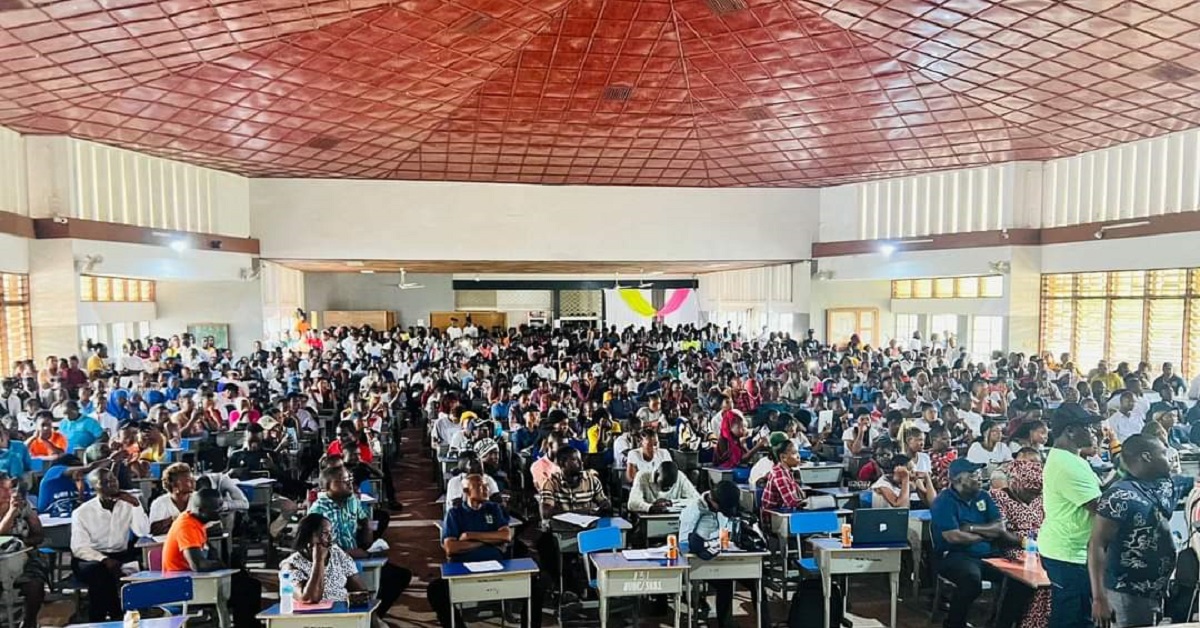By Alie Kargbo
A phrase echoes too often through the halls of our universities: “I’m just here for the paper.” That paper—a degree—has become a means to an end: a job, a title, a promotion. But this throwaway line reveals a troubling reality. Education in Sierra Leone has become transactional, stripped of its transformative purpose.
Once a proud beacon of learning, Sierra Leone now stands at a crossroads. The decline in our education system is no longer anecdotal—it is institutional. Overcrowded classrooms, underpaid teachers, crumbling infrastructure, and outdated curricula are now the norm. Primary and secondary schools barely function, and universities struggle to maintain credibility.
This wasn’t always the case. Fourah Bay College once earned us the title “Athens of West Africa,” attracting scholars from across the continent. In the 1960s and early ’70s, education was a national pride. Graduates returned from abroad inspired to teach, innovate, and lead. But by the late 1970s, as corruption, political interference, and the pursuit of wealth took root, the system began to crumble.
Today, many students—some already in public service or running businesses—treat university as a checkbox. Academic integrity suffers, and educators are often dismissed or disrespected. In a recent exam, I heard a student scoff, “Some of you couldn’t approach me outside this place—I’m more important.” That arrogance isn’t isolated. It’s systemic.
Nepotism compounds the issue. Positions are filled not by merit, but by connection. Standards erode. Accountability fades. And still, many of those who have failed in public service return to academia—not for redemption, but to collect titles. In Sierra Leone, credentials now carry more weight than competence.
But we cannot afford to continue down this path. The cost is too high: rising unemployment, weak governance, and a citizenry losing faith in its institutions. If we are serious about national revival—economically, socially, or politically—then education must be our starting point.
We need more than building repairs. We need a reset.
Let’s invest in teachers—pay them well, train them better, and treat them with respect. Let’s modernize our curricula to include critical thinking, digital skills, civic responsibility, and entrepreneurship. Let’s reward students who pursue excellence, not shortcuts.
And beyond the classroom, let’s change our culture. Let’s celebrate thinkers, educators, and public servants of integrity—not just the wealthy and well-connected. This change must start in our homes, be reinforced in schools, echoed in the media, and led by those in power.
As Professor Davidson Nicol once said, “The dignity of a nation is reflected in the minds of its people.” If we treat education as a hustle, we will sink further into mediocrity. But if we revive its true purpose—truth, inquiry, discipline, and service—Sierra Leone can rise again.
We can be the Athens of West Africa once more. But only if we return to what made Athens great in the first place.

